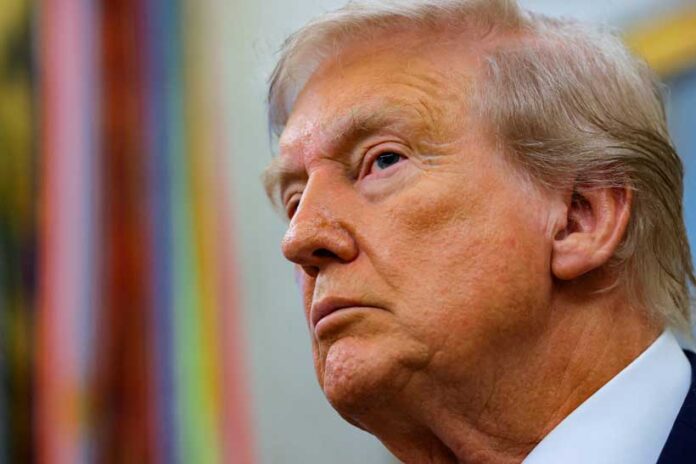Immigration has been a central focus of Donald Trump’s political agenda since his first term, during which he introduced travel bans, reduced refugee admissions, and tightened asylum rules. His second-term policy discussions have increasingly emphasized national security, cultural “compatibility,” and limiting federal support for noncitizens.
The latest comments come amid elevated tensions following a series of security incidents in Washington, including the fatal shooting of a National Guard member near the White House. Officials say the suspect is an Afghan national, a detail that has intensified political debate over migrant vetting and border controls. Trump’s team has previously signaled interest in large-scale deportations and expanded eligibility for denaturalization, making Thursday’s remarks a continuation and escalation of long-standing goals.
Why it matters
The remarks signal one of the most aggressive immigration policy resets proposed by the Trump administration, going far beyond previous restrictions. A permanent halt on migration from developing nations, combined with ending federal benefits for all noncitizens and potential denaturalizations, marks a major escalation in U.S. immigration strategy. The announcement also comes at a politically charged moment following the fatal shooting of a National Guard member, heightening the national security framing of the policy.
The U.S. federal government, immigration authorities, asylum seekers, current noncitizen residents, naturalized citizens, and advocacy groups are all directly affected. International partners especially countries classified as “Third World” by Trump’s terminology would face diplomatic and mobility consequences. U.S. political institutions and courts may also become key players, as many of these measures would likely face legal challenges.
What’s Next
The administration is expected to outline the legal and procedural framework required to enact a long-term or permanent migration halt, though several elements may require congressional approval or face constitutional scrutiny. Civil rights groups are preparing responses, and early legal battles are anticipated. Security agencies will continue the investigation into the White House-area shooting, which is likely to remain central to public and political discussion as policy proposals move forward.
With information from Reuters.


